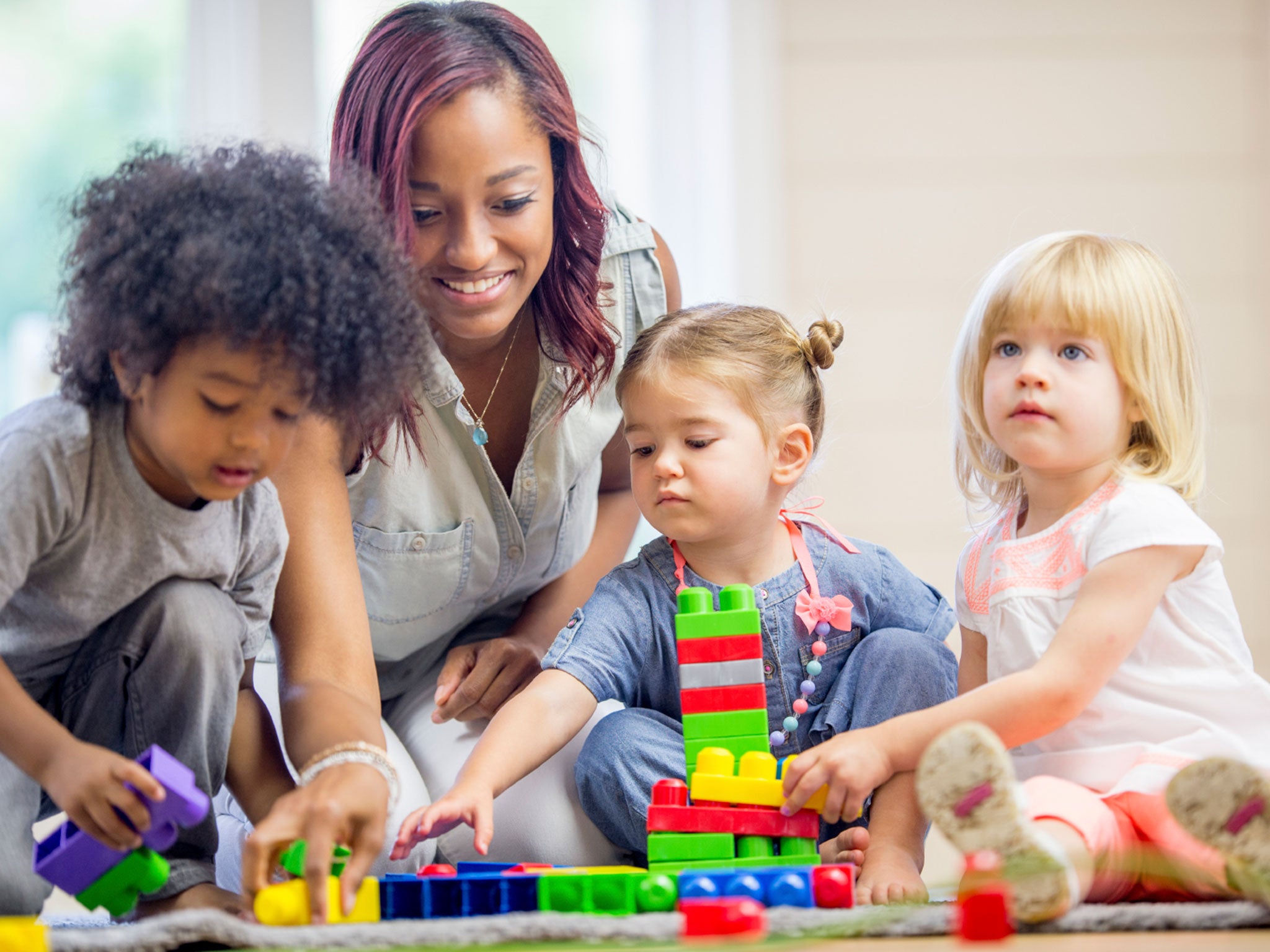Denmark considers compulsory language test for all two-year-olds
Parents could face cuts to child benefit if they don't comply, indicates Education Minister

Your support helps us to tell the story
From reproductive rights to climate change to Big Tech, The Independent is on the ground when the story is developing. Whether it's investigating the financials of Elon Musk's pro-Trump PAC or producing our latest documentary, 'The A Word', which shines a light on the American women fighting for reproductive rights, we know how important it is to parse out the facts from the messaging.
At such a critical moment in US history, we need reporters on the ground. Your donation allows us to keep sending journalists to speak to both sides of the story.
The Independent is trusted by Americans across the entire political spectrum. And unlike many other quality news outlets, we choose not to lock Americans out of our reporting and analysis with paywalls. We believe quality journalism should be available to everyone, paid for by those who can afford it.
Your support makes all the difference.Children in Denmark could be required to take part in a language programme from the age of two, if a government minister's proposals are implimented.
Ellen Trane Nørby, Danish Minister for Education and member of the Liberal party, has put forward plans for a policy that requires parents to agree for their children to be enrolled in the programme or risk have their child benefits cut, according to Danish news outlet Jyllands-Posten.
There is currently a compulsory language programme in place for between 15 and 30 hours per week for Danish three year olds.
But Ms Nørby said some children were "lagging behind" and put forward plans to extend the the current system to apply to children regardless of whether their parents work or stay at home in order to improve rates of integration.
She indicated that parents could face cuts to their benefit if the child does not partake in the programme.
Ms Nørby told the Jyllands-Posten: “We have some Danish children who are Danish citizens, but are lagging behind. We must intervene and set some specific requirements to ensure their better integration than we have achieved so far.”
In recent years Denmark appears to have become increasingly opposed to immigration.
In September, a Danish school introduced a policy of separating pupils by ethnicity in a bid to avoid multicultural classes, meaning not only refugees but also Danish citizens with foreign roots were separated from other Danish children.
The policy drew criticism from human rights advocates, with a spokesperson from SOS Racism describing it as “pure discrimination”.
Denmark also made headlines last year with a law that allowed police officers to seize valuables from refugees as a way to help defray the costs of hosting the new arrivals.
Join our commenting forum
Join thought-provoking conversations, follow other Independent readers and see their replies
Comments